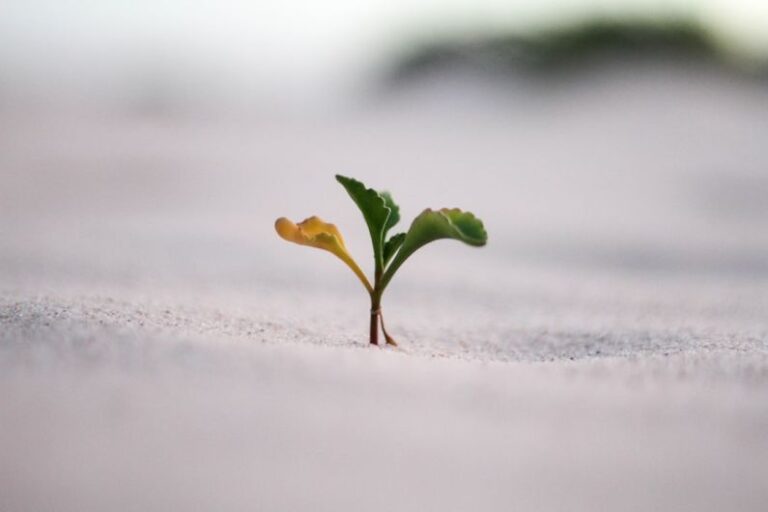Mindfulness in Nature: Reconnecting with the Earth
In our fast-paced modern world, it’s easy to become disconnected from the natural world around us. The constant buzz of technology, the pressures of work and social obligations, and the never-ending stream of information can overwhelm our minds and leave us feeling stressed and anxious. However, there is a simple yet powerful way to find peace and clarity amidst the chaos – mindfulness in nature.
**The Healing Power of Nature**
Nature has a unique ability to soothe our souls and calm our minds. The sights, sounds, and smells of the natural world have a grounding effect, bringing us back to the present moment and helping us let go of worries about the past or future. Research has shown that spending time in nature can reduce stress, anxiety, and depression, and improve overall well-being.
**Practicing Mindfulness in Nature**
Mindfulness is the practice of paying attention to the present moment with openness and curiosity, without judgment. When we combine mindfulness with nature, we can deepen our connection to the earth and ourselves. To practice mindfulness in nature, find a quiet spot outdoors where you can sit or walk without distractions. Take a few deep breaths and allow yourself to fully experience your surroundings.
**Engaging Your Senses**
One of the most powerful ways to practice mindfulness in nature is to engage your senses fully. Notice the colors, shapes, and textures of the plants and trees around you. Listen to the sounds of birds chirping, leaves rustling in the wind, and water flowing in a nearby stream. Feel the warmth of the sun on your skin, the cool breeze on your face, and the softness of the earth beneath your feet. Smell the fresh air, the scent of flowers, and the earthy aroma of the forest.
**Letting Go of Distractions**
In nature, it’s easier to let go of the distractions of everyday life and focus on the present moment. Leave your phone behind, turn off any music or podcasts, and simply be with the natural world around you. If your mind starts to wander, gently guide your attention back to your breath or the sensations in your body. Allow yourself to be fully present and open to whatever arises in your experience.
**Connecting with the Earth**
Mindfulness in nature can help us feel a deep sense of connection with the earth and all living beings. As you practice mindfulness outdoors, reflect on the interdependence of all things and your place in the natural world. Consider how your actions impact the environment and how you can live more harmoniously with the earth. Cultivate a sense of gratitude for the beauty and abundance of nature, and commit to protecting and preserving it for future generations.
**Embracing Stillness and Silence**
In the midst of our busy lives, the stillness and silence of nature can be a precious gift. Take time to sit quietly and simply be with the natural world around you. Allow yourself to rest in the peace and tranquility of the present moment, letting go of the need to constantly do or achieve. Embrace the beauty of the earth and the wisdom it offers, knowing that you are an integral part of the web of life.
**Reconnecting with Yourself**
By practicing mindfulness in nature, we can not only reconnect with the earth but also with ourselves. The quietude and beauty of the natural world can help us tap into our inner wisdom, intuition, and creativity. As we quiet the chatter of our minds and open our hearts to the wonders of nature, we can rediscover our true essence and purpose. Mindfulness in nature is a powerful practice that can bring us back to ourselves and to the earth, fostering a deep sense of peace, joy, and connection.






